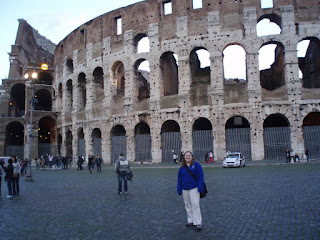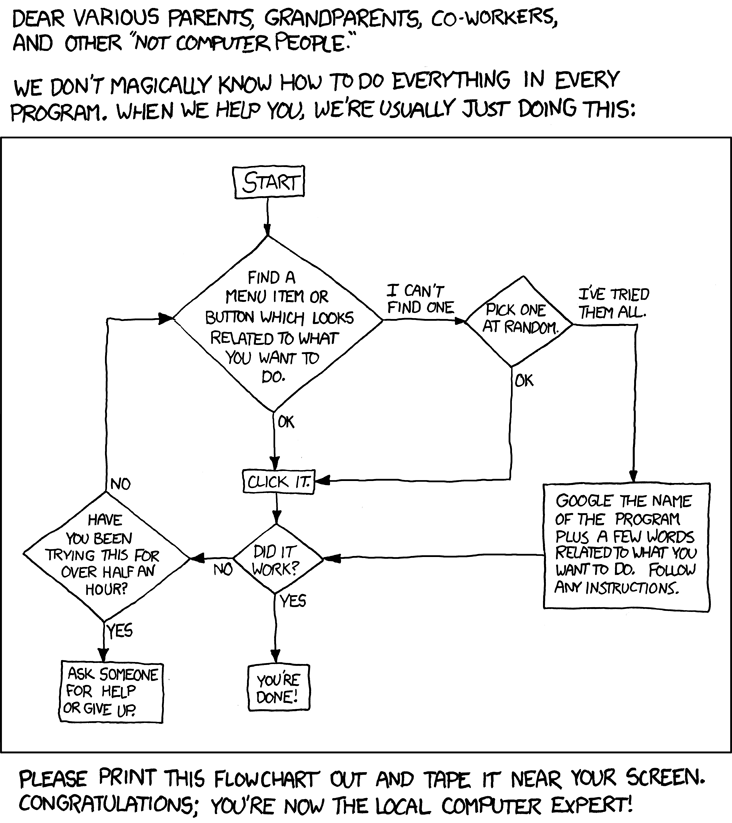I have a bit of Posh Corps guilt. I just finished reading “Living Poor” a chronicle of a PCV in the ‘60s in South America. It is hard not to try to compare his service with mine. In most ways it was much more difficult than mine- living in abject poverty so bad that the people (especially young children) were constantly suffering and many dieing, no running water, limited food choices and extreme emotions.
Looking at my own service so far and I think, “Isn’t this supposed to be the hard life?” I live in my own apartment that comes complete cable TV and a flush toilet. Sure, there are hard things in my life- my freezing bathroom, the 5-hour trip to the capital on bad roads, misunderstandings of language and culture, challenges of finding projects to work on- but for the most part, I feel like I’m living a pretty comfortable life. And so far, I’m happy here. I have experienced a few serious moments of homesickness, but for the most part, these are overcome by my excitement to be living someplace new. Even after a year as the newness has worn off, it has been slowly replaced by fulfillment of work and new friends.
I think that one question that people living in the Posh Corps tend to think (and get asked by others) is “what am I doing here?” This is actually something that I have though about a lot and discussed with various people. It has a lot to do with a few things: the point of the PC, the PC model of development, and the interesting position of a NIC (Newly Industrialized Country) or a CTC (Communist Transition Country) (I made up that last term, but it was the best thing I could think of, I’m sure that there is someone that already coined a term for these countries, but we’ll just use this one here for the sake of my laziness!).
So, almost 50 years ago, John F. Kennedy established the Peace Corps. There have been some changes over the years (there is now much more of a focus on the safety of the volunteers, for instance), but the basic goals of the organization have been to send out motivated American citizens to countries in need in order to: assist the populations of these needy nations to fulfill basic needs for all of it’s citizens, educate the local populations about American culture and bring culture from the host nations back to America in order to educate the American population. The way that all of these goals are accomplished is by sending volunteers into communities and working with the local populations on various projects (goal 1). By working on the projects, they get to know us (goal 2) and we get to know them. When we go back to the US (or send an e-mail or blog), we tell our friends all about the people we met (goal 3). It’s not big, it’s not flashy and it’s not like any other development organization out there. The PC does not solve problems by throwing money at them or building big projects. The idea of development is: one person at a time with small successes. For both the communities and the volunteers, this concept can be a little bit hard to take. The communities want big projects and the volunteers want to do big things, but that is not always what really makes changes. Add to this, the added challenges of working in NICs and CTCs and you can get frustrated.
When most people think about PC, they tend to think in terms of mud huts. Mud huts and bringing clean water to far off villages. “Living Poor” is a perfect example of this model of PC. The author brought modern farming techniques (and foreign aid chickens and pigs) to a small coastal village in Ecuador. But the interesting thing about the Peace Corps is that every single volunteer experience is different. There are even huge differences within one country and over time. My parents didn’t even live in a mud hut when they served 30 years ago. Sure there are people that live in mud huts, but I would be willing to bet that more PC volunteers actually live in real houses (with electricity and running water) than you would guess. And the question is: “is it really Peace Corps if I’m not living in a mud hut?”
In addition to the mud hut conundrum, there is a question about the actual work. I think that many people imagine working in small villages giving vaccines to babies and building water systems. There is certainly that aspect in some parts of the world, but the projects that PC works on around the world are as varied as the countries that they serve in. Environmental protection, tourism, business development, and teaching English as a second language to name a few. My parents did teacher trainings in science and math. I am working in NGO development. This is about the PC approach to development. Is PC a development organization? Not in the way that you are thinking. PC develops capacity and people, not always countries or economies. This question is especially relevant in the context of the NICs and CTCs. Let’s take Albania for an example (since I’m here and all). There are still some serious poverty issues here: there are villages without running water or electricity, there are street children and unemployment is estimated to be over 50% in some areas. That being said, the quality of life for most Albanians has risen in recent years. Most people have at least one family member living abroad and sending home money (the whole remittance system is for a later discussion). Things are getting better: roads are being built, houses are being built, farms are producing, and people are surviving and even sometimes thriving. I do not walk down the street and see starving children with distended bellies. That doesn’t mean that there is nothing to do here. It is just different things. I am working with an NGO here that works with children. So I am working on training three or four people to improve their skills to work with many children. It is indirect development. I develop people, people develop the country.
In some ways, I think that the sort of service shown in “Living Poor” is, well not easier, but clearer. He had a clear objective when he landed in Ecuador- bring modern farming techniques to the people. He wasn’t always successful, but the successes he had were clear- a chicken coop with 100 chickens producing eggs for a formerly poor farmer, pigs taken to market, a farming cooperative planting corn. The kind of development I am trying to do is harder to see- I am not going to see a new school or a water system built while I’m here. Maybe, when I come back after 30 years, then I will feel the effects of what I have done here. My parents went back to the Philippines after more than 30 years. They met children that they had taught, teachers they had worked with and people that still considered them members of their families. They met Patring, who was their housekeeper (and basically their little sister) for most of the four years that they lived in the Philippines. She even moved with them when they transferred sites and extended their service. Not only did she finish high school (thanks in large part to my parents) but also she continued her education and is now the midwife of her town. Would she have gone on to do this without my parents? Maybe, but it is sure that my parents had a positive impact on her life. I just hope that I can have a similar impact on someone’s life here.
They say it isn’t your mama’s Peace Corps- see my actual mom’s thought on the subject:
a comparison of her service to mine.


























